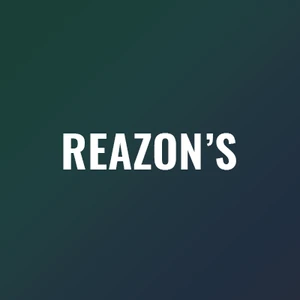The environment at Reazon provided the perfect blend for both the game development and organizational management.
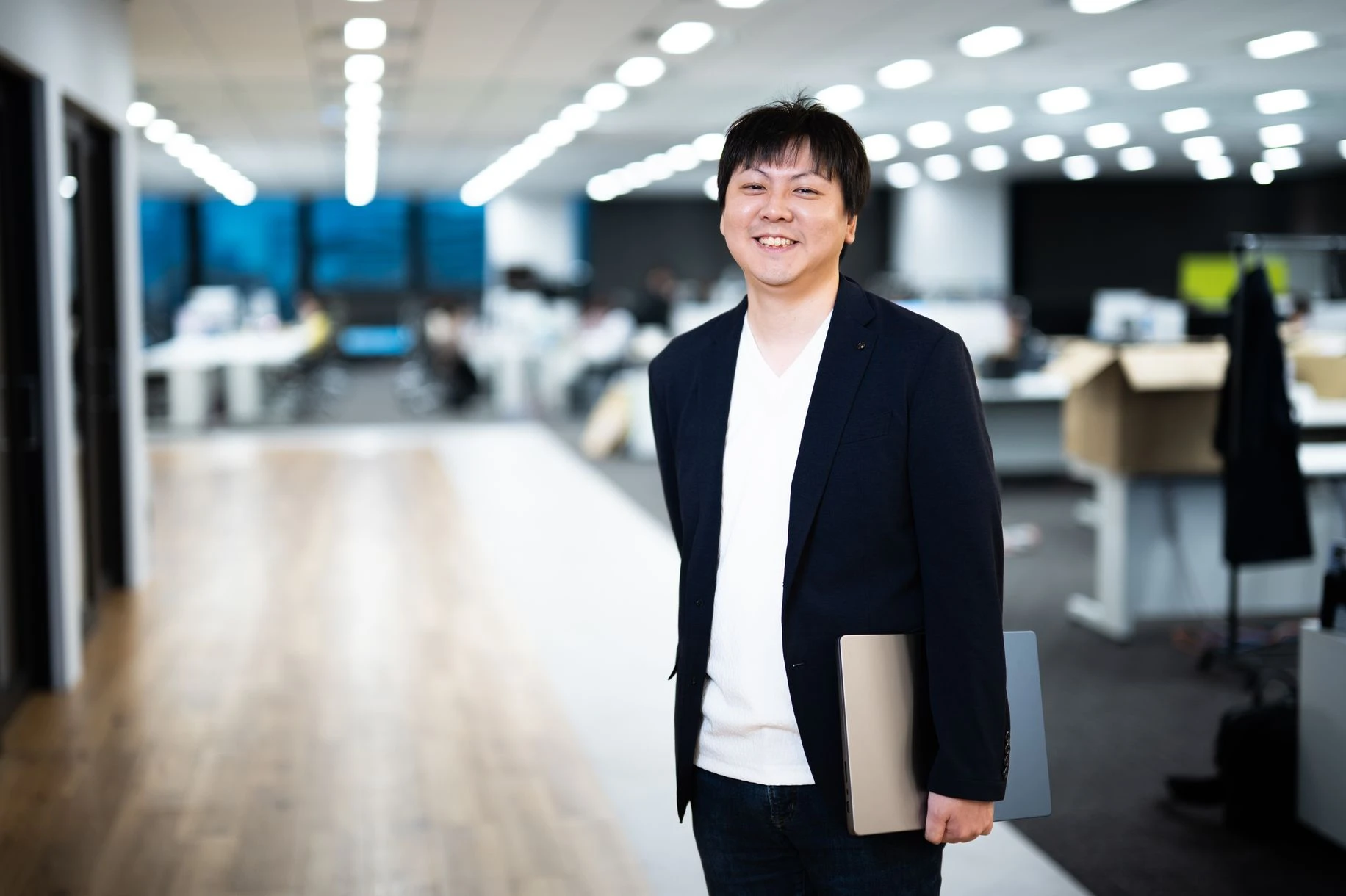
"Hello, this is Akaiwa from the Corporate Planning Division. This time, we had a conversation with Mr. Hanzawa, who manages the engineering organization of the social game business. There are many stories he shared that could only be told by someone who has been working in the gaming industry for a long time. From the reasons for entering the gaming industry, the encounter with Reazon, to the efforts towards realizing the goal of ""Tech-First"" that Reazon advocates, there is a wealth of interesting content. Even for those not involved in the social game business, I believe it will be helpful to consider for future career planning, so please take a look."
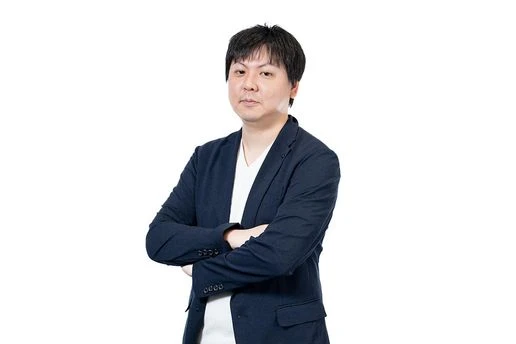
Takumi Hanzawa Director, Development Division Rudel
After graduating from university, Hanzawa joined a web-focused SIer company as a new graduate and engaged in the development of PC games. Later on, he jumped into the gaming industry, which he had long desired, and currently works at Rudel, a subsidiary of Reazon Holdings, as a client engineer for smartphone game development, contributing to the development of numerous titles.
On the topic of discovering the joy of creating games and turning your passion into a career.
.png?width=160&height=160&fit=cover&format=webp&quality=90)
I understand that you've been aiming for the gaming industry since your job search as a new graduate. Was gaming a significant part of your life since childhood?
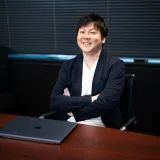
Yes, indeed. I've been exposed to gaming since I was in elementary school, watching my older brother play games next to me. Naturally, I started playing games myself. The first game I became engrossed in was "Final Fantasy V." I remember spending entire days playing it, and that's when I was truly captivated by the excitement of gaming. Also, there was a game called "RPG Maker" for the Super Famicom, and I created a game using it and had my brother play it. He gave it high praise, saying it was fun. Since then, I've been passionate not only about playing games but also about creating them.
Gaming has always been an integral part of my life, so when it came time to look for a job, I had no hesitation in pursuing a career in the gaming industry. However, due to the timing of the economic downturn, I couldn't enter the gaming industry as I had hoped and ended up joining a web-focused SIer company.
.png?width=160&height=160&fit=cover&format=webp&quality=90)
What kind of work did you do at that SIer company?

Shortly after joining, I was assigned to a PC game development project. Initially, it was a contracted project for creating websites for game development companies, but I was fortunate to be assigned to a game development project when the opportunity arose. I was in charge of developing a "MMORPG" game, which had been around for a long time. However, a few years later, due to various reasons, the project was closed. Since I had a strong desire to be involved in game development, I decided to change jobs when the project closed.
In retrospect, although I changed jobs, I am grateful for encountering a development engine called "Unity" that was created with the purpose of making game development easy even for those without advanced knowledge or skills. Since encountering "Unity," I have been deeply involved with it and believe that this experience has contributed to my current career.
.png?width=160&height=160&fit=cover&format=webp&quality=90)
Was the gaming industry your desired destination for your next job?

Fortunately, I was able to enter the gaming industry. I started my career here as a client engineer, working on multiple game development projects. However, while I was able to fulfill my desire to "create games," I didn't have many opportunities to interact with business-side members such as sales and promotion. Therefore, I wanted to work with members from various roles and collaborate with a sense of unity, so I decided to change jobs again.
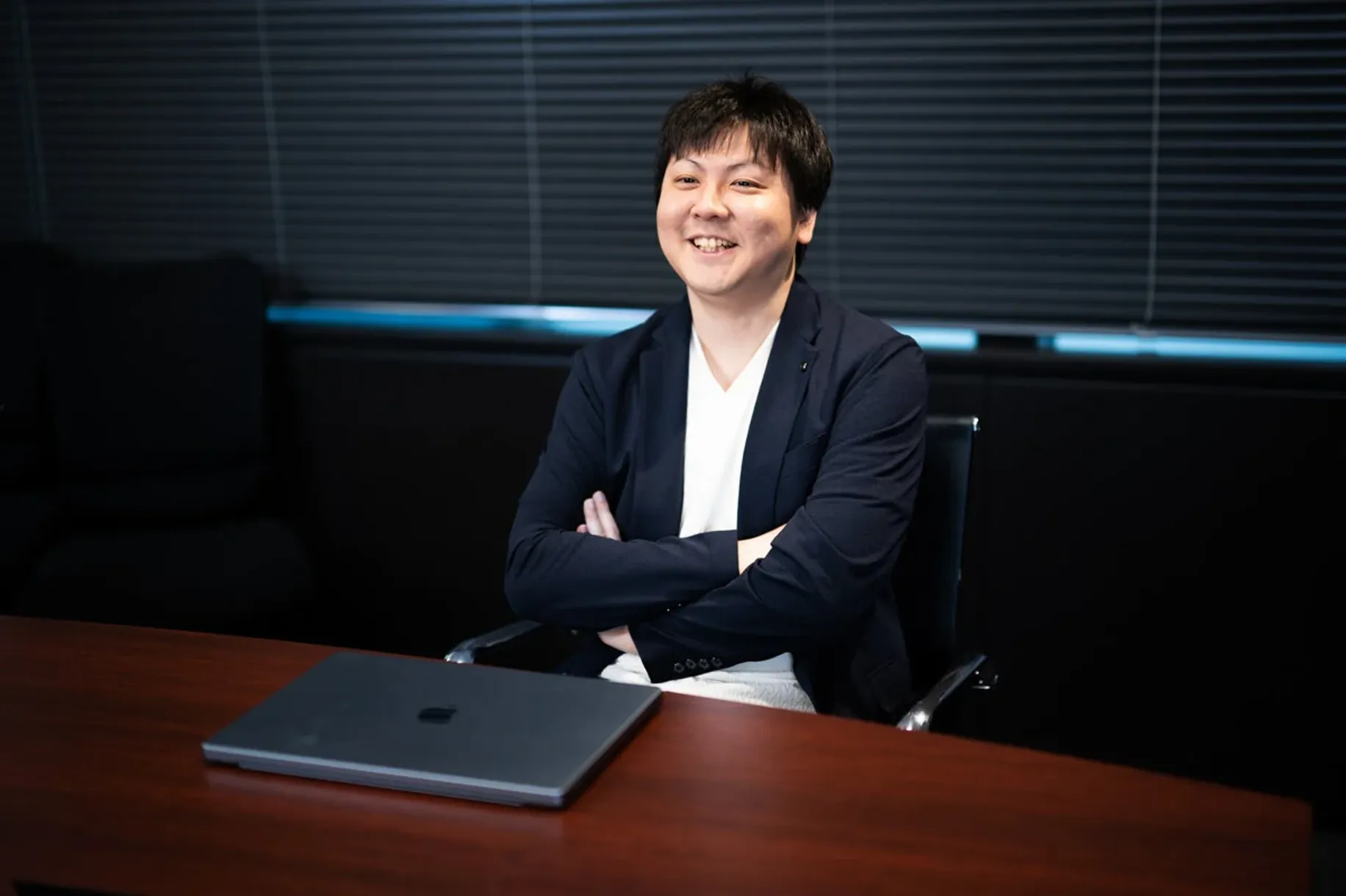
Jumping into the admired gaming industry and learning the challenges of creating a new product.
.png?width=160&height=160&fit=cover&format=webp&quality=90)
Was the gaming industry your desired destination for your next job?

Fortunately, I was able to enter the gaming industry. I started my career here as a client engineer, working on multiple game development projects. However, while I was able to fulfill my desire to "create games," I didn't have many opportunities to interact with business-side members such as sales and promotion. Therefore, I wanted to work with members from various roles and collaborate with a sense of unity, so I decided to change jobs again.
.png?width=160&height=160&fit=cover&format=webp&quality=90)
Was your next job also in the gaming industry?

Yes, it was. At this company, I was not only involved in game development but also in planning and designing as a director or producer. This expanded the scope of my work significantly and provided valuable experience for advancing my skills.
Up until my second job, my main role was mostly development-related as an engineer. Transitioning to a director role, I felt the difficulty of making decisions first-hand. Games don't have clear-cut answers, and what matters is whether you can create something that you can confidently say is "good" with a basis. I learned the difficulty of creating new products during this time.
Then, at one point, the company announced a policy to drastically reduce the percentage of in-house development, and as I thought about my career, I gradually began to feel unsettled. While I worked as a publisher for 1-2 years, releasing games developed externally, I couldn't shake off the desire to be deeply involved in development again, so I decided to join Reazon.
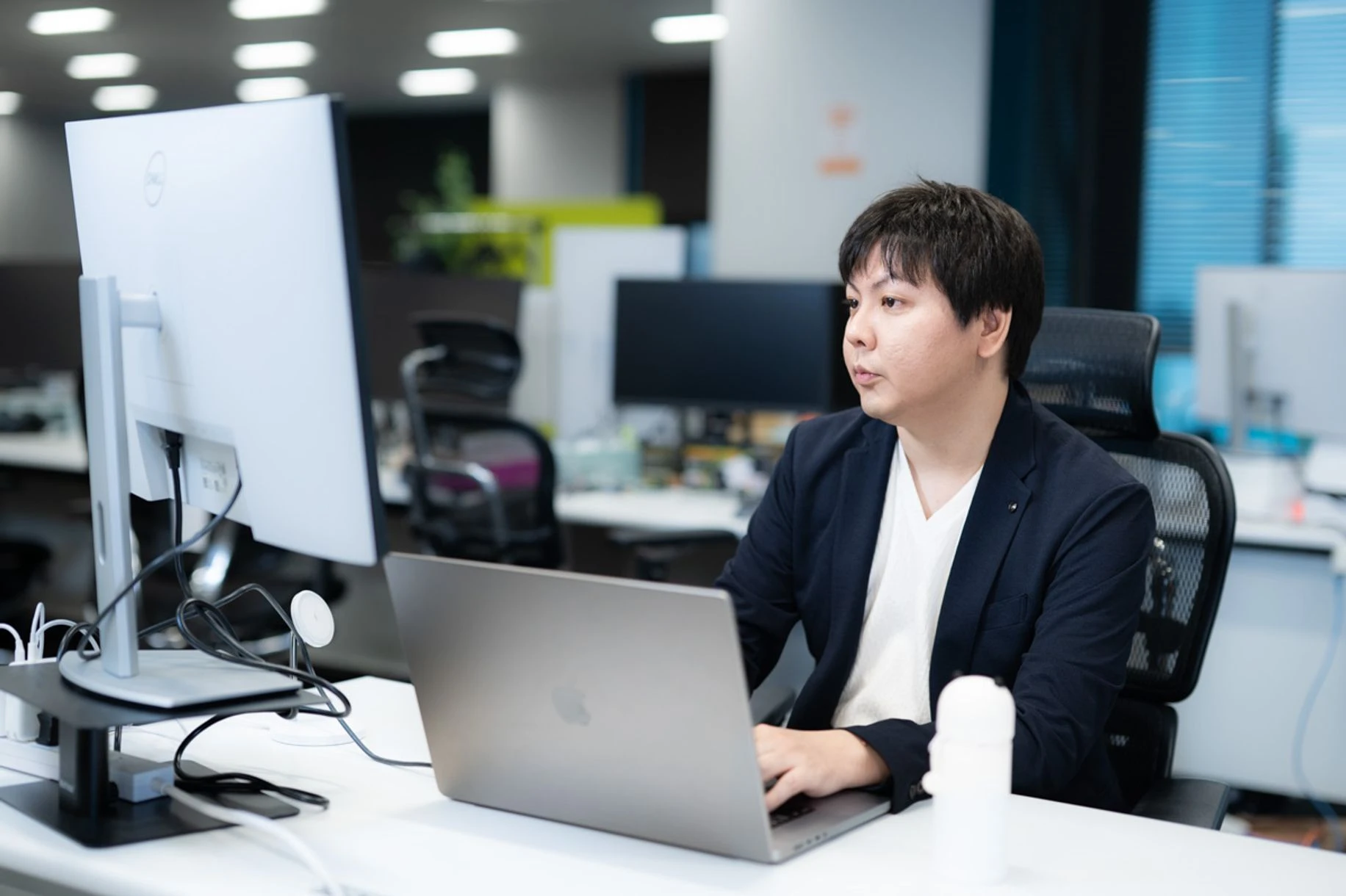
Finding an environment where "I want to do both coding and management!" can come true.
.png?width=160&height=160&fit=cover&format=webp&quality=90)
Do you remember your first impression of Reazon?

During the selection process, they told me, "There are many people here who manage while coding." It was a clear memory for me. At that time, I was contemplating whether to pursue a management path or to dive into coding on the frontline as a specialist, so Reazon, which offered an environment where both could be achieved, was very attractive. Thanks to Reazon, I came to think, "I can do everything I want."
.png?width=160&height=160&fit=cover&format=webp&quality=90)
Since joining Reazon, do you feel that you seamlessly fit into your role without any gaps from before?

Yes. I'm constantly busy because I'm given the opportunity to do everything I want (laughs).
.png?width=160&height=160&fit=cover&format=webp&quality=90)
That seems to be a phenomenon that occurs because you have so many things you want to do (laughs).
Please briefly tell us about the tasks you've undertaken from joining Reazon up to now. What projects did you initially work on right after joining?

After joining, I was involved in the improvement project for "Dragon Smash" for about three months. Then, Mr. Niwa, the current CTO at Reazon, asked me to manage the client engineers for "Dragon Smash." So, alongside coding tasks, I also began to manage projects.
NoWagatays, I'm involved in various tasks, such as being the development leader for native titles, the client lead for "Blue Lock Project: World Champion," as well as organizational design, development, talent acquisition, and development.
.png?width=160&height=160&fit=cover&format=webp&quality=90)
That's a broader scope of work than I imagined! It seems like Reazon is the perfect environment for someone like you who wanted to do both coding and management, and the fact that your wish came true just three months after joining speaks volumes about the speed at Reazon.
By the way, I heard that you've been involved in "Blue Lock Project: World Champion" from the beginning. Is there anything memorable about that project?

Because we spent a lot of time deliberating during the initial stages of the project, we ended up running multiple steps almost simultaneously afterwards. Looking back, it was quite challenging to move forward while organizing everything.
Ideally, development should begin after specifications and designs are somewhat finalized. However, with a fixed release date and no room to delay the schedule, we couldn't afford to wait. As a result, we had to handle development while responding to daily inquiries like, "What should we do with this specification?" or "What should we do with this design?" It was a hectic period, to say the least.

Wants to spread Reazon presence in the world and enhance the technical capabilities of the entire organization
.png?width=160&height=160&fit=cover&format=webp&quality=90)
Overcoming those challenges within a limited timeframe ultimately contributed to the success we see today!
Currently, you're also involved in building the organization. Is there anything specific you're focusing on?

I'm currently managing a team of 15 members, and I strive to design tasks tailored to each individual's strengths, weaknesses, preferences, and aversions. I aim to set missions that link what they can do, what they want to do, and what the company wants them to do as much as possible. Conversely, I want to ensure that tasks they are not good at or don't want to do are generally not required of them. Providing such an environment is my responsibility.
.png?width=160&height=160&fit=cover&format=webp&quality=90)
It seems that by having each member engage in tasks that benefit them personally, it ultimately contributes to improving the motivation of the entire organization. Additionally, regarding talent acquisition, what kind of person do you think would be a good fit?

I believe individuals who can act proactively and show respect and gratitude to team members and other stakeholders would be a good fit for Reazon. I'd like to work with people who can fulfill these two criteria. Fundamentally, as long as someone can do these two things well, I don't see any issues, and during job interviews, I prioritize cultural fit over skill level. Therefore, if someone says, "I don't have anything specific I want to do," it becomes difficult for me to determine what tasks to assign them.
.png?width=160&height=160&fit=cover&format=webp&quality=90)
People who have a clear sense of direction and determination tend to thrive at Reazon.
Lastly, could you share the unique appeal of Reazon for those considering joining the company?

From the perspective of the social game business division, being able to directly hear feedback about the games I've worked on at events like offline meetings is something not easily experienced elsewhere. When users say things like, "This feature is easy to use," or "I've been waiting for this feature!" it reaffirms my belief that making games is worthwhile.
Moreover, throughout Reazon, there's no one who has a negative attitude towards failure. Instead, there's a culture that welcomes taking on challenges to what you want to do, even if it means making mistakes. Even if you fail, many members earnestly think about how to turn that failure into a step forward, making it easier to move things forward.
.png?width=160&height=160&fit=cover&format=webp&quality=90)
It's because Reazon provides an environment where you can work without fearing failure that you're able to take on various challenges. Finally, is there a direction the organization is aiming for?

First and foremost, I believe we need to increase Reazon's brand awareness. Despite having services and products that can have a significant impact on society, I still feel that Reazon isn't well-known to the public. I'd like to increase our visibility by participating in various events and being open about our endeavors through our media channels.
Additionally, I want to not only foster the growth of our employees but also bring in individuals with advanced skills from outside to further elevate our current engineering organization. By adding even just one person to the organization, our technical capabilities can grow exponentially, and I believe we can grow as a tech company.
.png?width=160&height=160&fit=cover&format=webp&quality=90)
It's important to continue focusing on talent acquisition. I look forward to seeing the engineering organization become even more skilled in the future!
Thank you for your valuable time today.
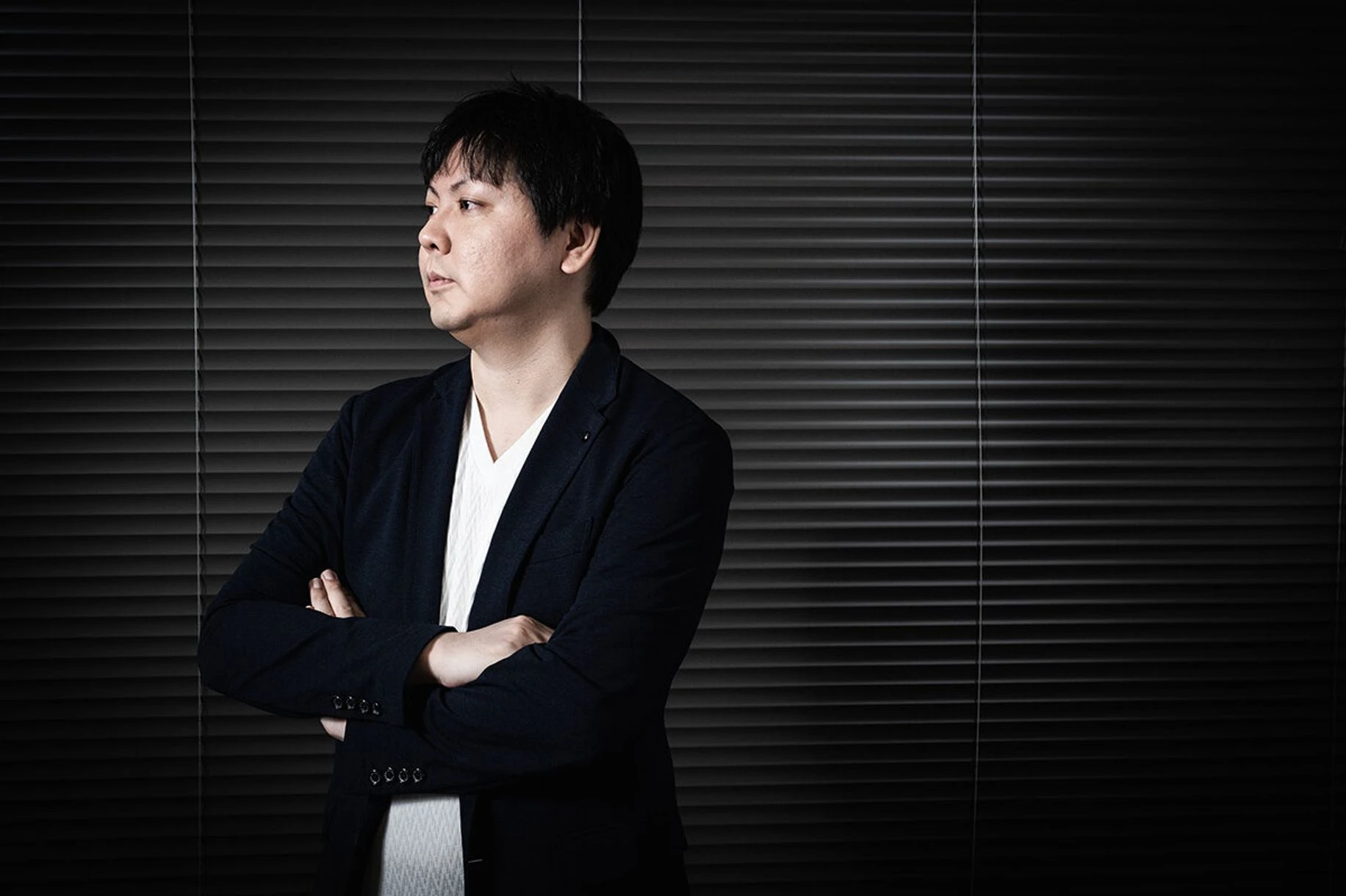
Please feel free to contact us about REAZON’S content, interviews, and press relations.
CONTACTIf you are interested in REAZON HOLDINGS, please check the recruitment site for more information.
RECRUITCreating games at Reazon: Past and Future. Insights gained from experiencing various phases at Reazon.

I crave excitement. I want to challenge myself. That's been the driving force behind my career journey.

